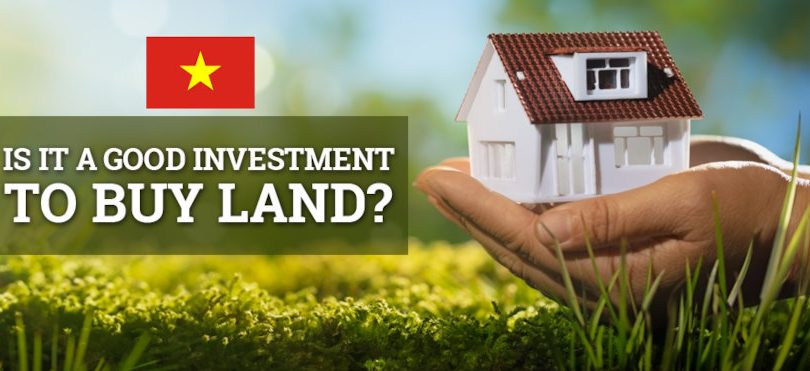Vietnam is probably becoming a popular real estate market today. Various reasons have been attributed to the growth of interest among foreigners who want to settle n Vietnam. Others are even going a step further to find out if they can own land or property in this beautiful country. However, the big question is, can you buy land in Vietnam as a foreigner? What is the land cost in Vietnam?
Vietnam loosened foreign restrictions in 2015. Ever since, the country has become a hotspot for many stock investors, property seekers, and corporations that want to invest their surplus capital in this market. Before that, only Vietnamese had the right to buy and own property. But still, the land was governed by the state government and owned conjointly by the people. This means an individual Vietnamese has no right to own and sell land.
🚨 Like any emerging country, high risk often correlates with high opportunity or return on investment. However, you have to be careful with what you read on the internet.
Here are two myths and misconceptions you may have read :
- “Should you invest in Vietnam?” → “No, because it’s a communist country.” 😂
- “Can we buy land in Vietnam as a foreigner?” → “No, a foreigner cannot own land in Vietnam.” 😲
Even though there are limitations and restrictions, just know that it’s definitely possible. But since very few people have really did it (due to fear, lack of knowledge, low capital) … many judge without real experience 🤓.
💡 In this guide, we will share a concrete feedback from several investments and land purchases made in Vietnam as a foreigner 🚀.
With this regulation, however, Vietnam remains the most attractive country in Asia where foreigners are looking to own property. Therefore, if you are also interested in buying a real estate property in Vietnam, various factors are vital to know. These include:
Why Should You Invest in the Vietnamese Real Estate Market?
The Vietnamese real estate market has shown rapid growth since 2015. In early 2019 (pre-pandemic) the total FDI pledged to the country reached US$38.02 billion, an increase of 7.2% y-o-y. For the condominium real estate market, sales momentum continued to be positive with more than 90% of new launch units having been absorbed. Investors would consider a limited supply, strong demand, average price on the primary market while benchmarked to other locations in South East Asia. With such advantages, foreign investors are now flocking the market due to the following reasons;
1. The Rapid Growth of Vietnam’s Economy
For a long time, Vietnam has been experiencing economic challenges that made the country unfavorable for foreigners. However, the sudden change of events has proved to work for both local and foreign investors. For instance, the country’s GDP has grown to an average annual rate of about 7.2% between 2010 and 2019. This sets the country among the leading economies in Southeast Asia, including Cambodia with a GDP of 7.8%, Philippines- 5.7%, and India- 4.2%.
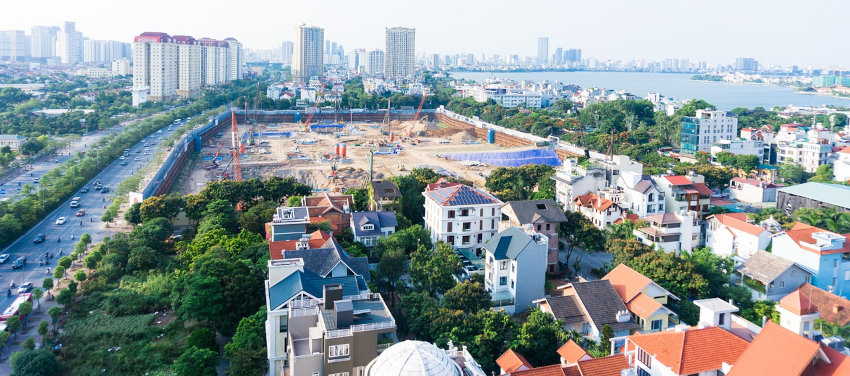
Vietnam’s nominal GPD per capita also hit approximately US$2,785 in 2020. Vietnam is poised to achieve upper-middle-income status in 2023, with per capita income headed for $11,000 in 2035. The middle class earning $714 a month or more in Vietnam doubled to 33 million people, about a third of the population, between 2014 and 2020 and is believed to be the fastest growing in Southeast Asia.
On the other side, the country’s inflation index is currently stable between 3% and 5%. This shows that the economy is currently suitable for investors to put in their money. This should also be a reason why most foreigners are ready to buy and own properties in the country.
2. Vietnam’s House Prices Are Always High
All investors, whether locals or foreigners, always want to invest where they are sure to reap high. With the real estate market, there are possibilities of making profits as the price of the property is always considered to be appreciating. This is fueled by the cost of Vietnam’s houses being high at all times.
For example, in 2020, the price of a high-end apartment in Ho Chi Minh City- which the locals call Saigon- was between $7,000 and $9,000 per square meter. This has been the all-time-high price of an apartment in Vietnam. However, the cost of buying a house is still lower in Ho Chi Minh City than the neighboring countries like Hong Kong, which is an advantage to investors.
3. Vietnam’s Partnership with China
As Vietnam’s economy continues to grow, many investors have begun referring to it as the “next China”. However, what could be the cause? Does China have a hand in this?
Of course, China has been Vietnam’s largest trading partner for 12 consecutive years. It has also been Vietnam’s largest source of imports and the fourth largest export market. Moreover, Vietnam also set a plan to construct a railway that will connect China and its cities and the suburbs. China’s “One Belt, One Road” initiative in Southeast Asia will also help in connecting trade corporations between China and Vietnam. This will attract more foreign investors in the two countries and beyond, which will further heighten the real estate market.
4. Vietnam’s Population Increase
Vietnam’s population is currently about 98 million. The population is expected to hit approximately 110 million by 2050. As the population increases, so does the demand for housing and property. As such, foreign investors are grabbing the opportunity and buying more property as they plan to resell or rent them to the increased population in the future.
Q&A – Buying lands in Vietnam : answers to the most-asked questions in 2021 ?
🧐 Can a foreigner buy land in Vietnam?
The simple answer is No. The complex one is Yes. Unlike any other countries in Southeast Asia, even the local people cannot own land because it belongs to the government. However, you can own the property on that land.
👀 How long can I own a property in Vietnam?
You can own a property in Vietnam for up to 50 years. After that, you will have to renew the contract to continue owning it for a specified time range that you wish.
💸 How do I pay when purchasing a property in Vietnam?
There are 3 options that you can choose from to decide your payment method:
- Opening a bank account in Vietnam (Vietcombank is recommended since it’s one of the most foreigner-friendly banks in Vietnam);
- Transferring through an international bank;
- Transferring directly to the seller;
✍️ What kind of taxes do I have to pay when purchasing a property?
There are 2 kinds of taxes/fees that you must pay:
- 10% VAT
- Registration fee for a pink book that would cost less than 0.5% of the price of the property
There are no capital gains or property taxes like other countries such as Singapore, UK, etc. Also, Unlike France, there are no notary taxes which could cost up to 8% of the property price.
💁♀️ Do I need to be present in Vietnam to own a property?
No, you don’t. Since there’s no law saying that you must be present in Vietnam to own a property, you can stay wherever you want.
Buying Property in Vietnam As A Foreigner
Getting back to the main question, can you buy land or property in Vietnam as a foreigner?
Buying and owning property in Vietnam has always been a challenge to most foreigners for many years. This is due to the unfavorable and strict foreign ownership regulations set by the government. Only a few foreigners could risk their capital in the real estate market.
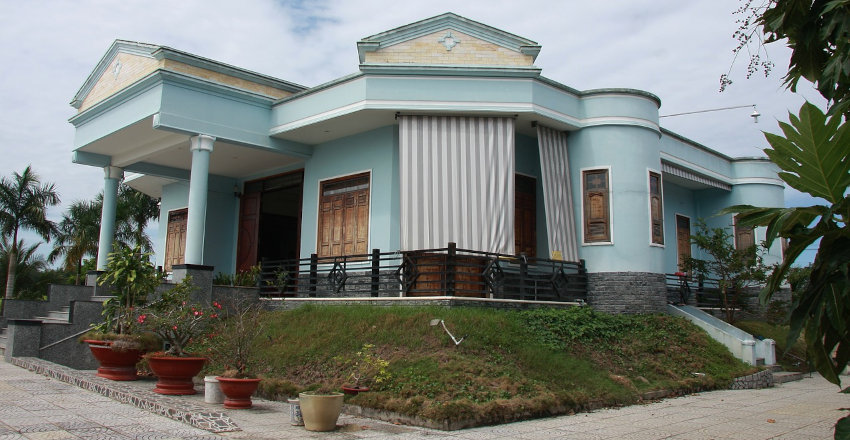
In July 2015, however, Vietnam’s government loosened the strict regulations and introduced the new Vietnamese Law on Residential Housing (LRH). The law has seen many foreigners showing interest in buying and owning property in Vietnam. According to the new regulations, foreigners can now buy as many properties as they can without restrictions. This is a supercharger compared to the previous cap which limited foreign ownership to one unit in a condominium.
LRH Limitations
Even though this sounds a great deal for foreigners interested in buying property in Vietnam, there still are limitations on foreign property ownership. Here is a summary of the key points in the new LRH of 2015;
- Foreigners can only buy property if they are allowed to enter Vietnam.
- Although there is no limit on the number of properties to buy, foreigners are restricted to buy a maximum of 30% of the units in a condominium. They are also not allowed to own more than 10% of the properties in a landed project.
- Foreigners can only buy up to 250 houses in any given administrative ward.
- The number of foreign owners of real estate in each estate is still restricted by the government. Moreover, foreigners can only get freehold tenure if they are married to Vietnamese citizens.
- The land leasehold period for both locals and foreigners is still 50 years. However, the period can be renewed or extended in some special cases. This means you can own a home or a property on the land but not the land itself.
Can You Own A Land in Vietnam?
This is the most pressing question for most foreigners. Unfortunately, neither foreigners nor Vietnamese can own lands in Vietnam (there are similar situations in other Southeast Asia countries). This is because land in Vietnam is jointly owned by the people but governed by the government.
What… Vietnamese can’t own their own lands? So how do they handle it? 🤔
Technically, Malaysia is the only country in Southeast Asia that allows foreigners to buy land. But still, some regulations limit foreign ownership of certain land types.
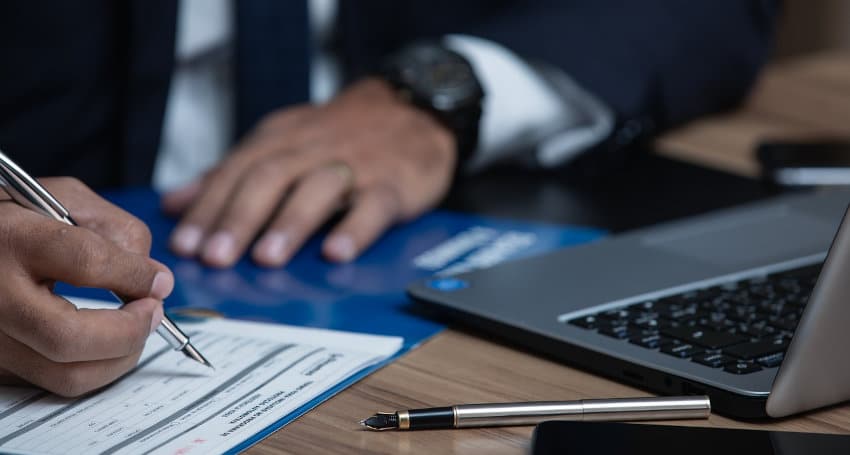
Therefore, foreigners or foreign corporations in Vietnam are only allowed to lease land for up to 5o years, or 70 years in special cases. Luckily, the government is also considering extending the leasehold period to 99 years, which will be a smile for both investors.
What Is Vietnam’s Land Use Rights (LUR) Law?
Land Use Rights (LUR) is a law that allows Vietnam’s foreigners and locals to use the land allocated to them by the government. It was set to reduce the risks incurred by foreigners when investing in Vietnam’s property. With this simplification, you can now use and control the land as you wish. However, you must submit a Land Use Rights Certificate (LURC) to the government before you are allowed to lease the land.
So, with this law, can foreigners buy property from local Vietnamese?
Now that you have understood the limitations and restrictions for foreigners, we can explain you what are the two most common ways to buy land in Vietnam as a foreigner.
- Purchase under a Vietnamese nominee (relative, friend, wife/husband, etc.);
- Buy from a Vietnamese company (the capital can be held 100% by a foreigner);
As a foreigner, you can only buy property directly from developers on the primary market or foreigners who already did so. There are limitations in the secondary market where foreigners cannot buy property directly from the locals in case the foreign quota is full. Also, foreigners are only allowed to buy units in branded condominiums and not local flats unless they are married to Vietnamese citizens. We will discuss the case of condominiums a little further down in the guide if this is the type of property you wish to buy.
As for the case of buying a land in Vietnam, here is a video on the ground in the countryside of Vietnam where :
- I show you the type of land that can be purchased;
- I introduce the notions of ownership for a foreign investor;
If you want to discuss in private about your project of buying land in Vietnam, learn more about the process of setting up a company or get advice from a foreigner who has invested in Vietnam, just go ahead to the contact page.
Contact me and tell me about your investment project in Vietnam
Property Ownership Certificates in Vietnam
For you to own property in Vietnam, you must have a property ownership certificate. Foreigners had issues receiving their property ownership certificates in 2017, which caused uproar in the real estate market. This was because foreign investors are not allowed to buy properties in areas reserved for national defense and security. Therefore, the Ministry of National Defense in collaboration with the Ministry of Public Security had to define properties located in areas reserved for national security.
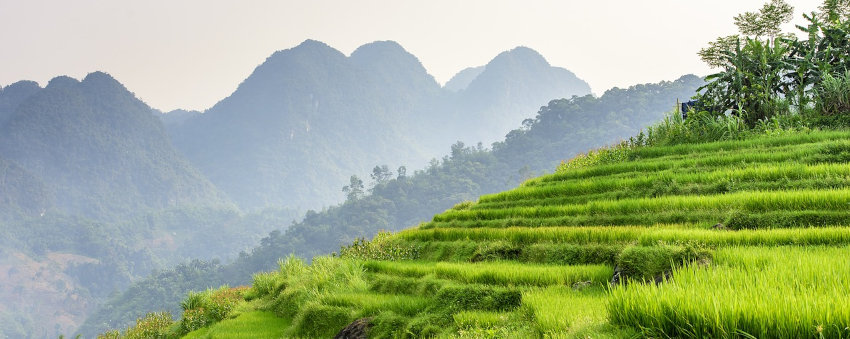
Before buying a property in Vietnam, therefore, you must confirm if the property can be owned by foreigners. You should also confirm if you can receive the following property ownership certificates on time.
The Pink Book
The Pink Book is a certificate that proves you own and can use your property as you want. Its name comes from the small pink book that you receive once you purchase a unit in a real estate market. This certificate gives you the right to lease your property and declares any information about the inheritance of the property.
The Pink Book is commonly issued to foreigners who invest in condominiums primarily. It, therefore, acts as a title deed to verify the ownership of the property and allows you to do the following;
- Change your house into a residential property or use it for any purpose that is legal to the land.
- Demolish, maintain, renovate, or rebuild the property following the conditions and procedures of construction laws.
- Use your property for transactions such as selling, mortgaging, and leasing.
The Red Book
The Red Book has been in existence for a long time than the Pink Book. Unlike the Pink Book that certifies the ownership of the property on land, the Red Book is used to prove the ownership of land itself instead of physical structures.
Another important document to have is the Sales and Purchase Agreement (SPA). This also proves that you bought the property. Although this can be enough evidence for your ownership, it is advisable to have at least three certificates for your security purposes. This is because you may face challenges when selling your property without a Pink Book or SPA.
Property Buying Process in Vietnam
If you thinking about buying a commercial property in Vietnam, you must first learn about the whole process to avoid falling into hidden costs. Here are the steps involved in property buying;
1. Contemplate on Why You Should Invest in Vietnam
This may sound weird, but it is the most vital part of your investment journey. First, ask yourself why you would risk investing in Vietnam as a foreigner. With the well-laid regulations on foreign property ownership, at least some benefits will favor you as a real estate investor.
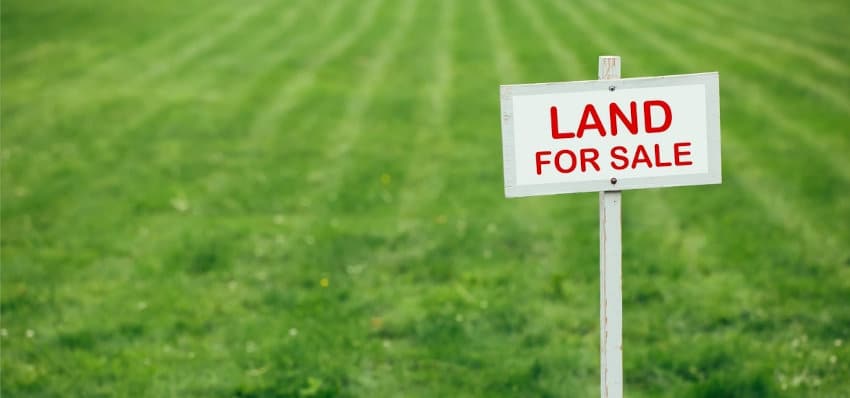
Again, contemplating why you want to invest in Vietnam gives you time to think about the best places to buy property. You can also find competitive real estate agents that will enlighten you on the best paths to take.
2. Get A Real Estate Agent
Once you have assessed your investment options, it is time to get a reputable real estate agent. Using real estate is the easiest way to get into the property market in Vietnam, though it can be daunting to get a reputable and English-speaking agent compared to other countries like Thailand and Malaysia.
If you have difficulties in finding a real estate agency, you can contact us directly. We will introduce you to real estate projects, advise on investment and possibly recommend reputable intermediaries or agents to help you acquire real estate in Vietnam.
Moreover, when buying landed projects, it is recommended to hire a property lawyer who will help in larger transactions. However, when going for condominiums on the primary market, your real estate agent or developer will get their property lawyer.
3. The First Announcement Phase for New Projects
This phase is only applicable to new projects in the market. In this phase, the developer lists the property for sale with its information, including:
- The location of the property.
- The size of the project.
- The type of the project- is it a condominium or a townhouse?
- How many units are there?
- How much is the property?
- Other related information.
Since it is difficult for you to access this information as a foreigner, your agent will do the hunting. Also, if you are looking for a resale property, you can skip this step.
4. Pay A Refundable Booking Fee
In the first announcement stage, the developer will also announce the refundable booking fee for interested buyers.
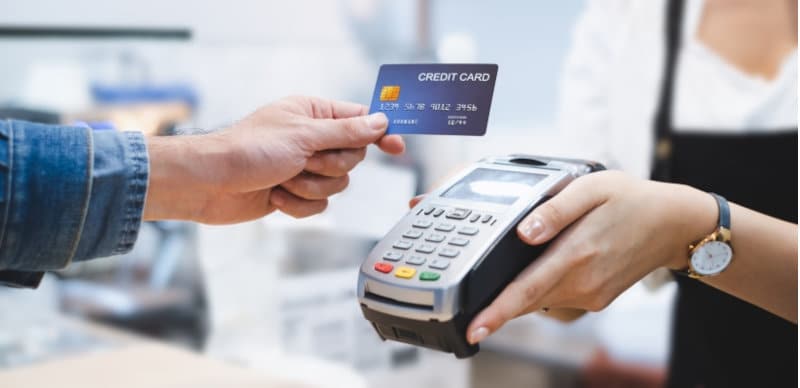
You can send your agent during the announcement event, who will pay the fee on your behalf, or you can attend the event yourself. The refundable booking fee varies according to the type of property sold. Usually, here are the amounts;
- $2,500 for mid-range projects.
- $5,000 for high-end projects.
- $10,000 for luxury properties.
Once paid, the developer will provide each applicant with a booking number and add them to the list of “First Buyers”. With this number, you can choose your best units when the first sales event is launched. You can also cancel the booking and receive back your fee without any reason.
5. Attend the Official Launching Event
When the announcement phase is over, the developer will then announce the official sales event. Only people with the booking numbers are allowed to attend the official launching event. However, the developer has to share more details about the projects between 4 to 8 weeks before the official opening event. These include:
- The floor plan and design.
- The types of units.
- Layouts.
- Unit area.
It is during the sales event that the developer can now share all the details about the sales price and payment procedures. You will also have the opportunity to see and choose your units during the sales event. If you are convinced enough with the condition of the units, you can ask for a refund which will be paid immediately.
6. Sign the Deposit Agreement
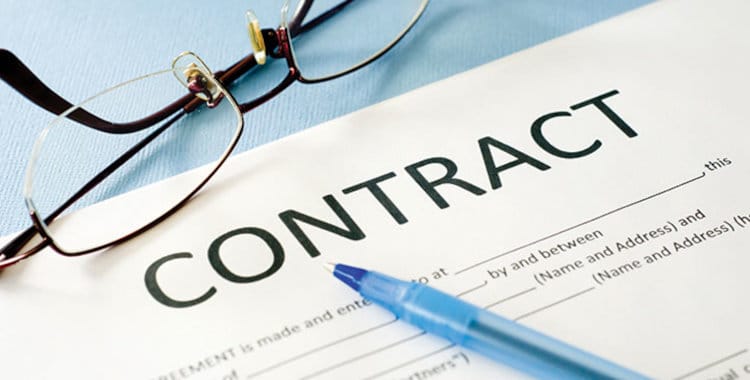
If you are satisfied with the property or unit, you can move to the next step, which is signing a deposit agreement.
The deposit agreement is usually signed around 2 to 3 weeks after the sales event. Once the deposit agreement is signed, the refundable booking fee now becomes a non-refundable deposit. You will also need to pay around 10% to 20% of the unit value during this stage.
7. Sign the Sales and Purchase Agreement (SPA)
The Sales and Purchase Agreement (SPA) is signed between 3 and 6 months after the deposit agreement payment. Here, you have to pay an additional 10% to 20% of the unit value.
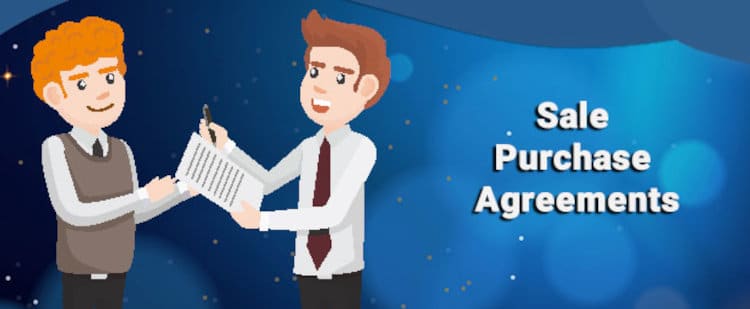
This is because the Law on Real Estate Trading (2014) states that off-plan projects can only be listed for sales when the foundation is over. Usually, foundations take about 3-6 months to be completed.
8. Payment Schedules for Property in Vietnam
This is the last stage where you have to make monthly payments when buying on an installment plan. Those buying property on cash can skip this stage, though they may face similar taxes at some stages of their transactions.
Payment schedules may differ depending on the properties and the developers. However, the general amount runs between 1% and 3% each month. Moreover, the Law on Real Estate Trading (2014) requires foreigners to pay only 50% of the unit value in installments before owning the property. This could be a drawback as local Vietnamese can pay up to 70% of the unit value in installments.
Once you have paid the 50% of the unit value, the developer can now hand over the unit to you. But you will have to pay another 45% of the unit value in cash before the handing over of the property. This becomes a total of 95% of the property price already paid. Vietnam’s locals need to pay at least 25% at this stage.

The remaining 5% is paid when you receive the property ownership certificate (the Pink Book). However, this is not the final stage as you will also need to pay another 2% of the property value as the maintenance fee and one-year management and operation charges. Therefore, you need to pay a total of 102% of the property value before owning a property in Vietnam.
Property Taxes in Vietnam
The real estate taxes in Vietnam are among the competitive taxes in the Southeast region. As a foreigner looking for a property in Vietnam, you should be aware of the following taxes in the primary market:
Value Added Tax (VAT)
The VAT is only applicable when buying condominiums on the primary market. It is usually 10% of the unit value.
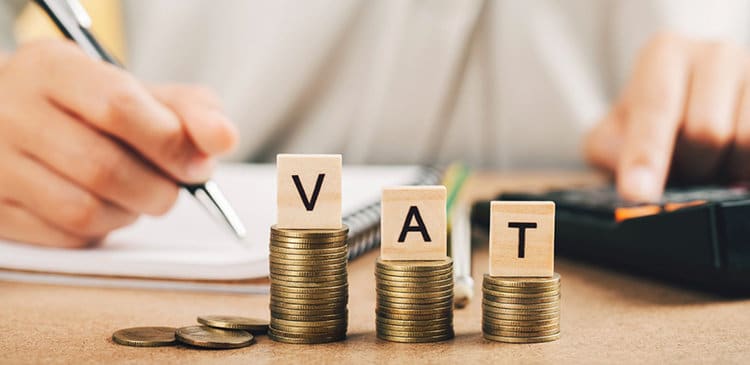
Maintenance Fee
The Maintenance fee or Sinking Fund is paid by the buyer on the completion of the payment schedule. The buyer has to pay an additional 2% of the unit value as the Sinking Fund.
Registration Fee
Before the buyer is issued with the ownership certificate, they have to pay 0.5% of the purchase value as the registration fee.
Rental Income Tax
If you are buying a house to let, you will incur two types of taxes that are paid jointly. You have to pay a VAT of 5% plus a personal income tax of 5%, totaling 10% as the rental income tax.
Capital Gains Tax
This is one of the hidden costs that foreign property buyers should know, though the tax does not exist theoretically. When selling your property, you need to pay 2% of the gains as your income tax.
Land Tax
Even though foreigners cannot buy land in Vietnam, they still have to incur a land tax of between 0.03 to 0.15% when buying any landed projects. This means you should consult your real estate agency or property lawyer to understand how to deal with such hidden costs.
The Verdict
So, can a foreigner buy land in Vietnam?
From the article, it is clear foreigners or even locals, cannot buy lands in Vietnam. This is because the land is owned collectively owned by the citizens but regulated by the government. However, foreigners can buy properties in Vietnam, including the landed projects, and use them as they want.
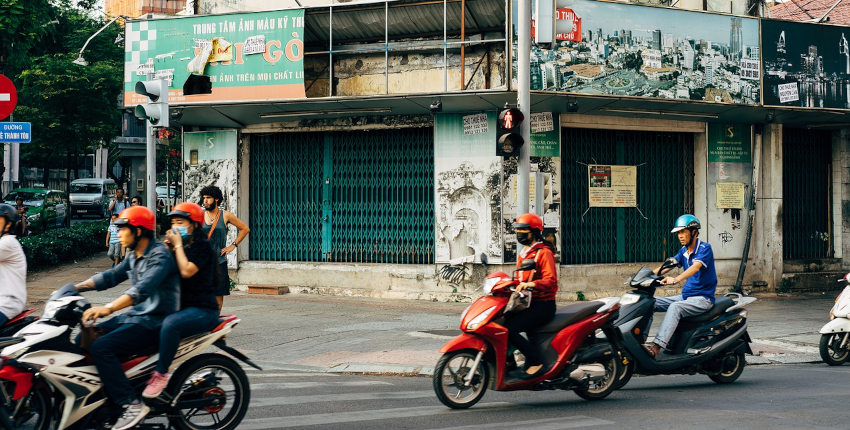
Buying a property in Vietnam in a real estate project with foreign quotas and its registration could be one of the easiest in Southeast Asia. This is contributed to the fact that it takes between 43 and 71 days to finish the acquisition procedure with friendly charges.
For the case of lands, depending on your situation: Viet Kieu, married to a Vietnamese person, investor in Vietnam, … It may be relevant to learn about buying or investing in real estate lands in Vietnam. If you want to read further (and discover the video of a real estate project from A to Z), check out this guide of building a house in Vietnam. Some regions are booming and prices are skyrocketing:
- Be careful and get updated information before taking any first action (meet with lawyers, real estate agents or consult trusted people living in the neighborhood where you want to invest), or;
- Turn your focus to regions where the price is growing more smoothly due to the organic growth of the region, local investments in infrastructure, development etc … In those cities, the expected ROI will be more predictive and less risky;
To learn more about investing in land in Vietnam: discover the mistakes to avoid, tips and how to proceed if you also want to get into real estate investment; download the free book: “The 7 mistakes I made in Asia”.

